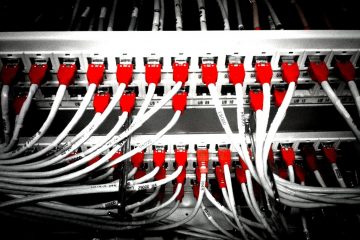
Repercussions on the Opposite Side of the World: Why the Cambridge Analytica Scandal matters for Australia
Recent revelations about the alleged misuse of the personal data of millions of Facebook users have dominated international headlines. Reportedly, Cambridge Analytica exploited loopholes in Facebook’s privacy settings to create psychometric profiles for targeted political influence campaigns. Thus far, available evidence suggests that the firm was active all over the globe, but not directly involved in Australian politics. So, why has the Cambridge Analytica scandal got alarm bells ringing, on the opposite side of the world, in Canberra? To understand the significance these events for Australia, one must understand our geopolitical position in the Pacific. Australia has long thought of itself as the United States’ younger sibling. In 2003, US President George Bush memorably labelled Australia America’s “deputy sheriff” and …

Be vigilant of the UK government’s attempts to increase its surveillance powers
Cybersecurity has become a major concern for governments, companies and citizens, as some of their most sensitive information is routinely stored and communicated online. Rogue attackers can steal confidential information or corrupt their databases, potentially leading to critical security incidents ranging from reputational damages and economic losses to national security risks. The threat, however, works in two ways. While companies and governments are concerned about being targets of digital infiltration, they have used these technologies to obtain extensive information from common citizens for crime and terrorism prevention or commercial purposes. Collecting geolocationdata and screening social networks are now common practices, relatively easy to carry out due to the embedded features of modern devices. For years, many surveillance practices were conducted …

What to make of the US Election Forecasts
The majority of forecasts point to Hilary Clinton winning tomorrow’s US presidential election. Several of the poll, market and expert forecasts with probabilities for who will win are helpfully summarised by the New York Times here. The polls-based predictions are all, apart from one, pretty confident that Clinton will win. At the time of writing, Drew Linzer’s model at Daily Kos puts the probability of a Clinton win at 87%, HuffPost has 98% and Sam Wang at the Princeton Election Consortium estimate is as high as 99%. The New York Times’ own model is slightly less confident, on 84%. The exception is Nate Silver’s FiveThirtyEight model which puts Clinton’s chances at just 67%. The lower probability for Clinton in the FiveThirtyEight model …









